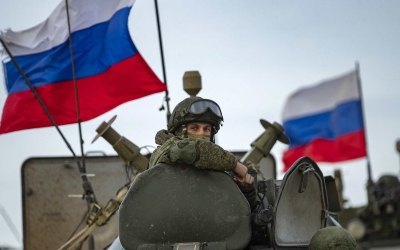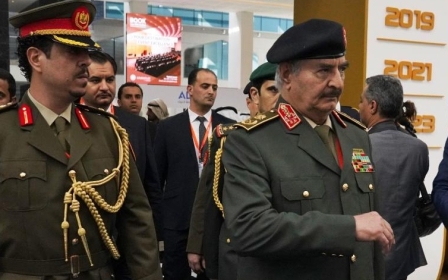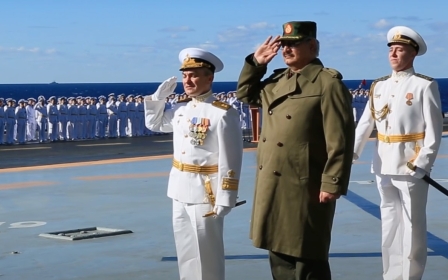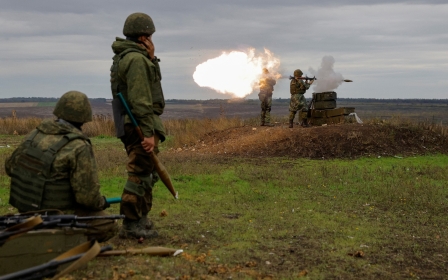US targets Wagner Group over gold smuggling in Africa, UAE firm sanctioned
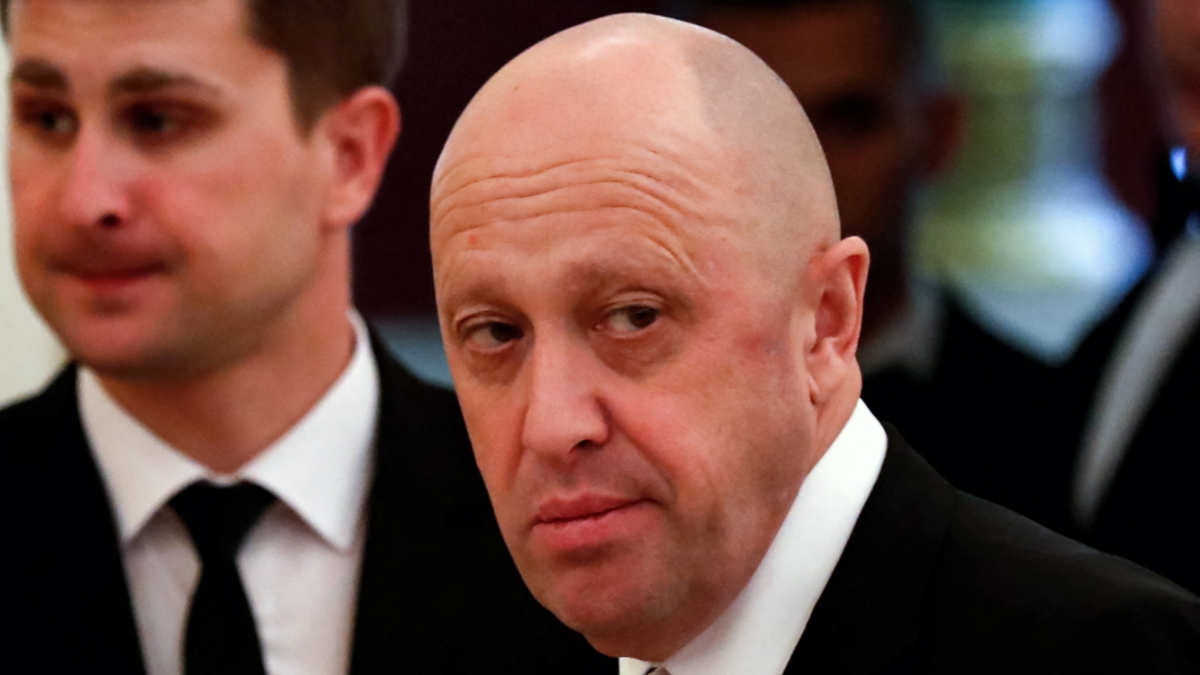
The US on Tuesday unveiled fresh sanctions on the Wagner Group, aimed at disrupting its gold mining activities in Africa, days after the mercenary group’s founder launched a short-lived mutiny in Russia.
The measures against Wagner had been previously planned but were briefly put on hold, as US officials sought to avoid appearing to favour a side in a power struggle between the mercenaries' chief, Yevgeny Prigozhin, and Russian President Vladimir Putin.
“The Wagner Group funds its brutal operations in part by exploiting natural resources in countries like the Central African Republic and Mali,” undersecretary of the Treasury for Terrorism and Financial Intelligence Brian E Nelson said in a statement.
“The United States will continue to target the Wagner Group’s revenue streams to degrade its expansion and violence in Africa, Ukraine, and anywhere else,” he added.
The sanctions come the same day Prigozhin arrived in Belarus as part of a deal President Alexander Lukashenko negotiated with Putin to diffuse tensions. Lukashenko said that he offered Wagner an abandoned military base to set up camp.
New MEE newsletter: Jerusalem Dispatch
Sign up to get the latest insights and analysis on Israel-Palestine, alongside Turkey Unpacked and other MEE newsletters
Wagner mercenaries cut their teeth fighting side-by-side with Russian troops in the battlefields of Syria, as a stand-alone outfit in Libya, and are involved in the current conflicts in Sudan, Mali and the Central African Republic (CAR).
Prigozhin plots next move
The sanctions target Midas Resources, which operates mines in the CAR, and Diamville, a gold and diamond purchasing company in the country - both of which the US said are controlled by Prigozhin.
MEE has previously reported on massacres carried out by Wagner fighters around gold mines in the CAR. The US has also accused the group of pilfering billions of dollars worth of gold from Sudan, with much of it allegedly making its way to the UAE.
Tuesday’s sanctions targeted the Dubai-based, Industrial Resources General Trading - which the US accused of handling finances for Prigozhin's dealings with Diamville.
The UAE is believed to have helped fund Wagner’s operations in Libya. The North African country has been a launchpad for Wagner’s operations throughout the continent. Wagner mercenaries there operate air defence systems defending territory held by military commander turned warlord, Khalifa Haftar, in Libya.
Wagner helped Moscow advance its foreign policy goals in hotspots like Libya with the cover of deniability. The group would eventually supplant Russia's traditional military footprint in Libya, which MEE previously revealed was facilitated by Russian military officials based in Saudi Arabia.
Prighozin’s remarkable fallout with Putin has created uncertainty about Wagner’s future. Some analysts have speculated that Putin may ask UAE President Mohammed bin Zayed Al Nahyan to "clamp down" on the groups' financial networks.
Other Wagner watchers are waiting to see if mercenaries in African and Middle East hotspots break altogether with the group.
“The Wagner branches in Africa may turn into completely uncontrollable mercenary structures that will themselves build ties with local governments without regard to Moscow,” Kirill Semenov, a non-resident expert with the Russian International Affairs Council, told MEE previously.
Middle East Eye delivers independent and unrivalled coverage and analysis of the Middle East, North Africa and beyond. To learn more about republishing this content and the associated fees, please fill out this form. More about MEE can be found here.


